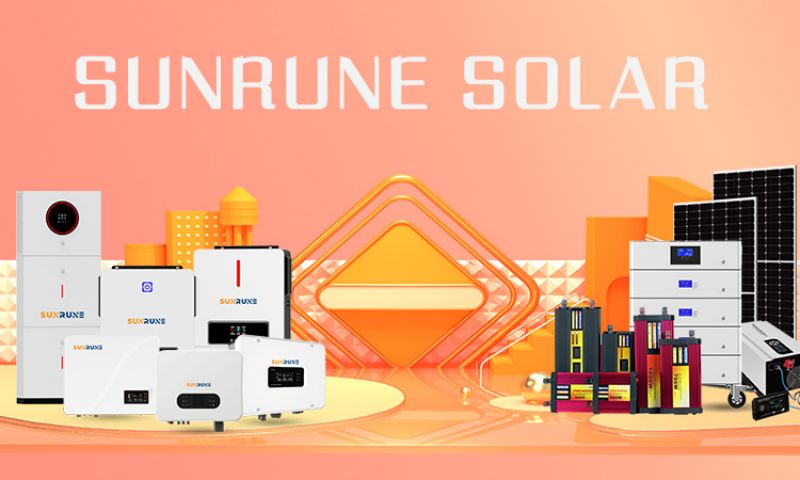The use of solar energy has been growing steadily as concerns over climate change and environmental sustainability grow. Solar panels are a popular choice for generating clean, renewable energy. However, in order to harness the power generated by solar panels, an important component is required - a solar inverter.

The primary function of a solar inverter is to convert direct current (DC) electricity produced by solar panels into alternating current (AC) electricity, which is the type of electricity used in most homes and businesses. This conversion is critical for using electricity to power appliances, lights, and other electronic devices.
Solar panels are designed to capture sunlight and convert it into electricity, producing direct current in the process. Without a solar inverter, this power would not be available for most applications. Therefore, the inverter is a key component of any solar panel system.
There are different types of solar inverters available, including string inverters, microinverters, and power optimizers. Each type has its own advantages and disadvantages, and the choice of inverter depends on a variety of factors, such as the size of the solar panel system, the layout of the panels, and the specific needs of the user.
String inverters are commonly used in residential and commercial solar panel installations. They are cost-effective and easy to install, but have limitations in system design and performance. Microinverters, on the other hand, are installed on each individual solar panel and offer better performance and flexibility, but they are generally more expensive. Power optimizers are a hybrid of the two, offering some of the performance benefits of microinverters at a lower cost.
In addition to converting DC power into AC power, solar inverters have other important functions. They are equipped with monitoring features that allow users to track the performance of the solar panel system, including power generation and consumption. Some inverters are also able to communicate with the grid and adjust power output to meet user demand or comply with grid regulations.
As the demand for solar energy continues to grow, so does the solar inverter industry. New technologies and advancements are constantly emerging to improve the efficiency, reliability, and performance of solar inverters. This includes the development of smart inverters equipped with advanced communication and control capabilities to better integrate with the grid and optimize the use of solar energy.
All in all, a solar inverter is an important part of any solar panel system. They play a vital role in converting the electricity produced by solar panels into a usable form as well as monitoring and managing system performance. As the solar industry continues to expand, developing new and improved solar inverter technologies is critical to maximizing the potential of solar energy as a clean and sustainable energy source.
Post time: Jan-08-2024